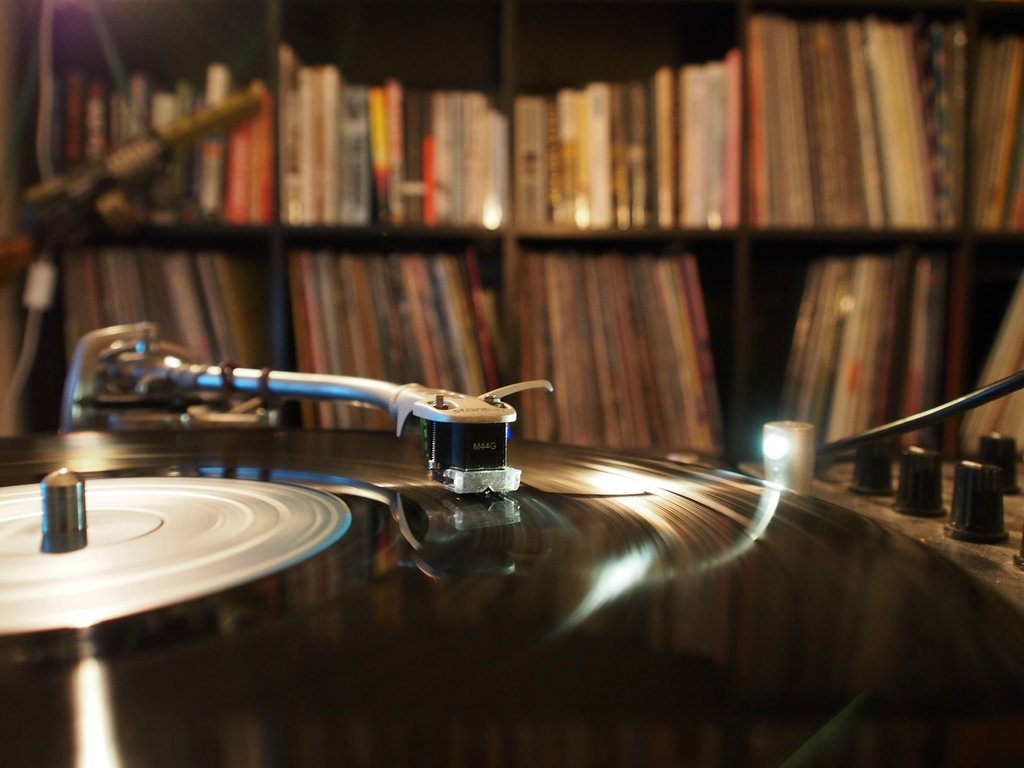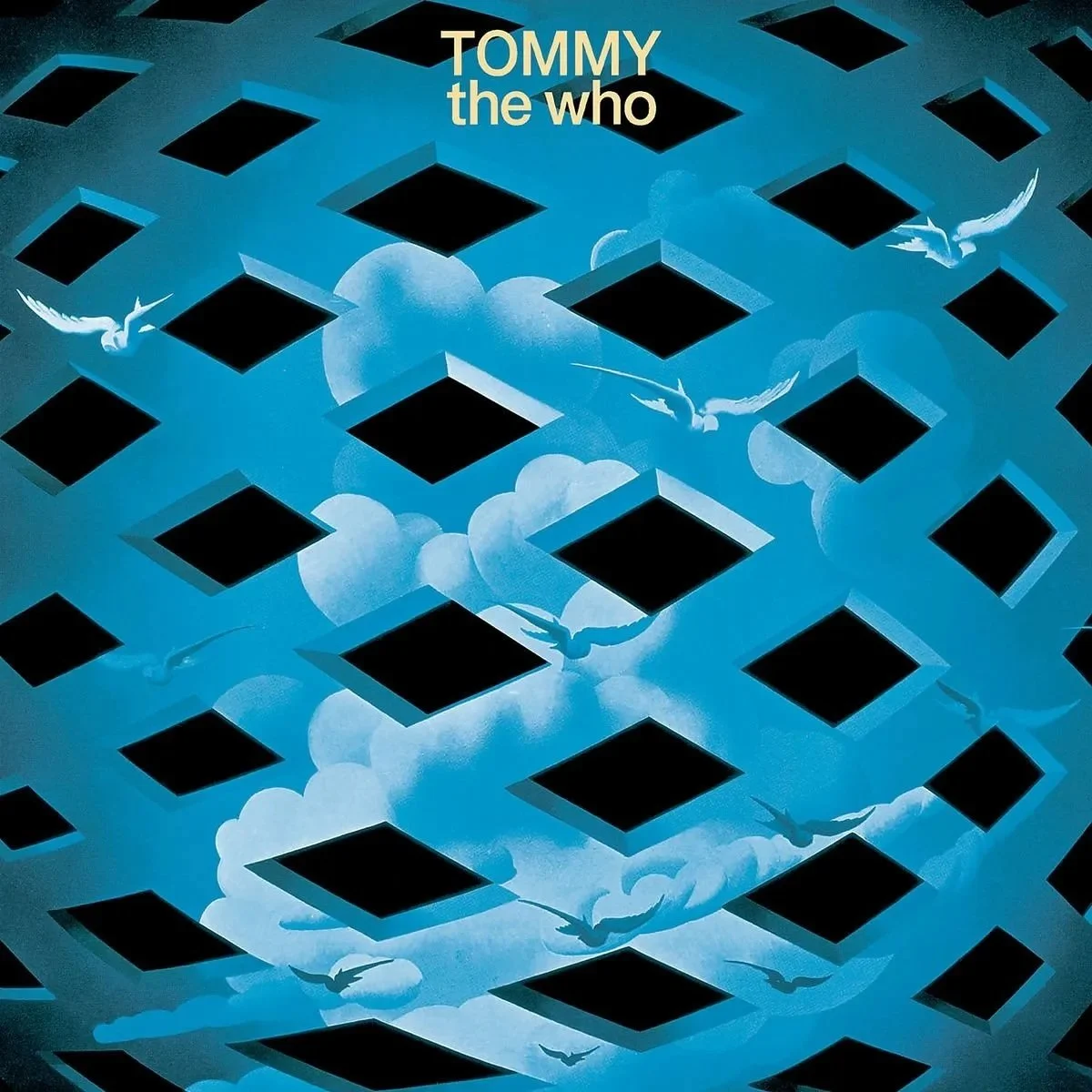John Mayall 1933-2024

Legendary British Blues pioneer John Mayall died on Tuesday 24 July at the age of 90. His family announced his death via a statement and said
“It is with heavy hearts that we bear the news that John Mayall passed away peacefully in his California home yesterday, July 22, 2024, surrounded by his loving family,” the Instagram post reads. “Health issues that forced John to end his epic touring career have finally led to peace for one of this world’s greatest road warriors.”
Born on November the 29th, 1933 in Macclesfield, Cheshire, he was the son of Murry Mayall, a guitarist who played in local pubs. From an early age he was drawn to the sounds of American blues players such as Lead Belly, Albert Ammons, Pinetop Smith, and Eddie Lang, and taught himself to play the piano, guitar, and harmonica. After his return from national service, he enrolled at Manchester College of Art. Mayall was sent to Korea as part of his national service, and during a period of leave bought his first electric guitar in Japan. Back in England, he enrolled at Manchester College of Art and started playing with a semi-professional band, the Powerhouse Four. After graduation, he obtained a job as an art designer, but continued to play with local musicians. In 1963, he opted for a full-time musical career and moved to London. His previous craft would be put to good use in the design of covers for many of his upcoming albums.
In 1962, Mayall became a member of the Blues Syndicate. The band was formed by trumpeter John Rowlands and alto saxophonist Jack Massarik, who had seen the Alexis Korner band at a Manchester club and wanted to try a similar blend of jazz and blues. They became popular and regulars at the all-night R&B sessions at the Twisted Wheel cellar club in central Manchester. Alexis Korner persuaded Mayall to opt for a full-time musical career and move to London, where Korner introduced him to many other musicians and helped them find gigs.He launched the Bluesbreakers in 1963, and during the 1960s the group would include a who’s-who of British blues and rock royalty, from Clapton and Peter Green to Jack Bruce, John McVie, Mick Fleetwood, Aynsley Dunbar and future Rolling Stone Mick Taylor. The group was a commercial force in the Swinging ’60s UK, with five Top 10 LPs from 1966-70. Their 1966 debut Blues Breakers featured hotshot young guitarist Clapton, who had just left The Yardbirds and whose fiery fretwork inspired “Clapton is God” graffiti.
Slowhand left the group in 1966 and was replaced by Green, who left in 1967 to found the first edition of Fleetwood Mac with Bluesbreakers drummer Fleetwood and bassist McVie. Green was replaced by Taylor, who split in 1969 to join The Rolling Stones after Brian Jones’ death. Mayall and the band found intermittent success in the U.S., charting nearly 20 albums from 1968-75. Among the biggest was The Turning Point (1969), a live disc that went gold and peaked at No. 32. The group’s biggest Stateside chart success was 1970’s USA Union, which featured recent Canned Heat departees Larry Taylor and Harvey Mandel and reached No. 22.
Mayall relocated to Los Angeles in 1969 and continued to front bands. He has released dozens of albums and scored two Grammy nominations — nearly 30 years apart. Wake Up Call was up for Best Contemporary Blues Album in 1993, and his final disc, The Sun Is Shining Down, earned a nom for Best Traditional Blues Album in 2022.
Along the way, Mayall has worked with the likes of Joe Walsh, Steven Van Zandt, Alex Lifeson, Billy Gibbons, Otis Rush, Billy Preston, Marcus King and Walter Trout.
He was named an Officer of the Most Excellent Order of the British Empire (OBE) by Queen Elizabeth II in 2005, inducted into the Blues Hall of Fame in 2016 and elected to the Rock and Roll Hall of Fame as a “Musical Influence” this year, alongside Korner and Big Mama Thornton. He continued to record and tour until about two years ago.
Mayall is survived by his children Gaz, Jason, Red, Ben, Zak and Samson, seven grandchildren and seven great-grandchildren.




